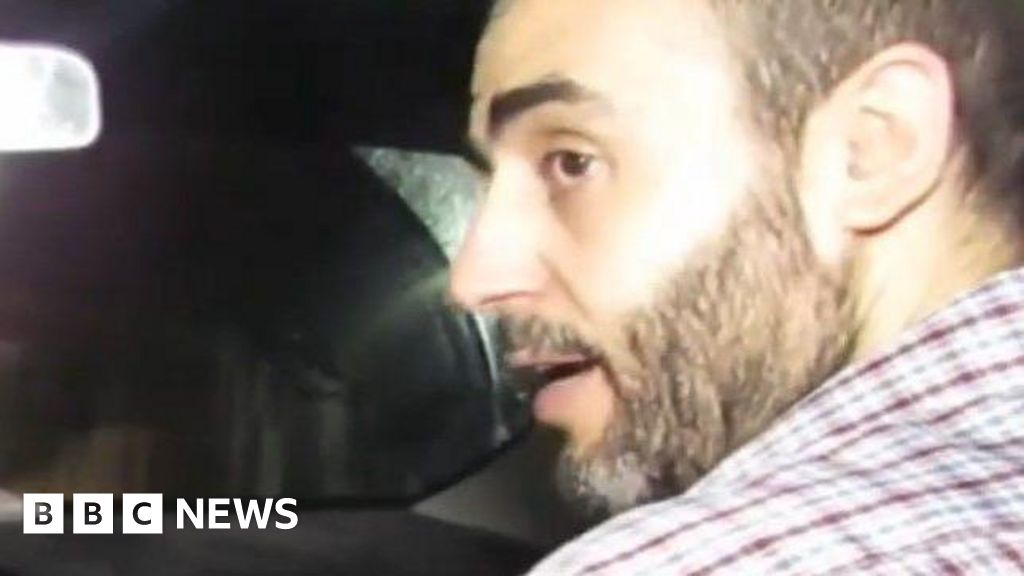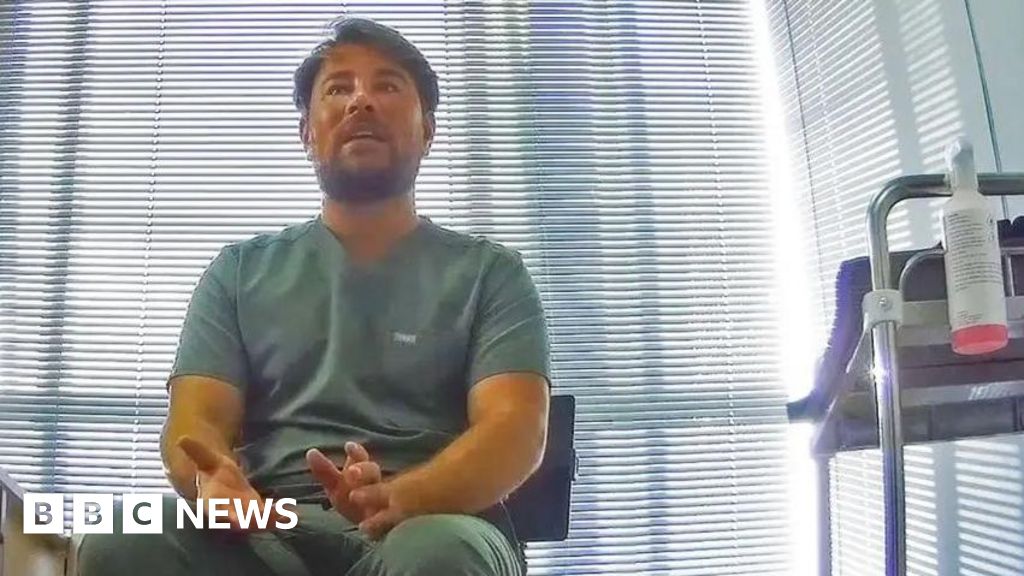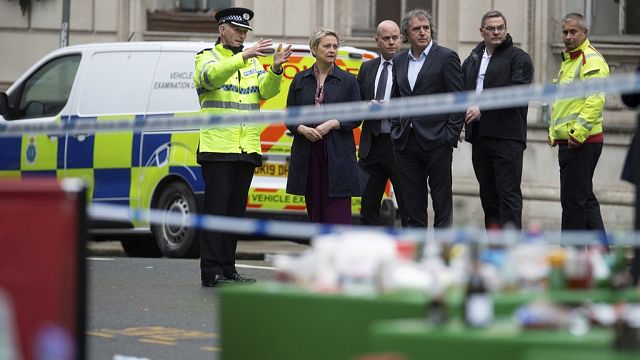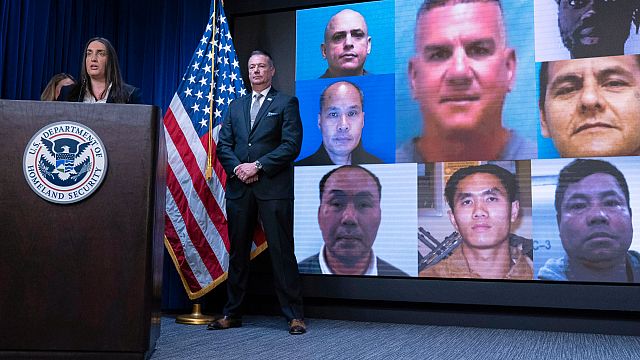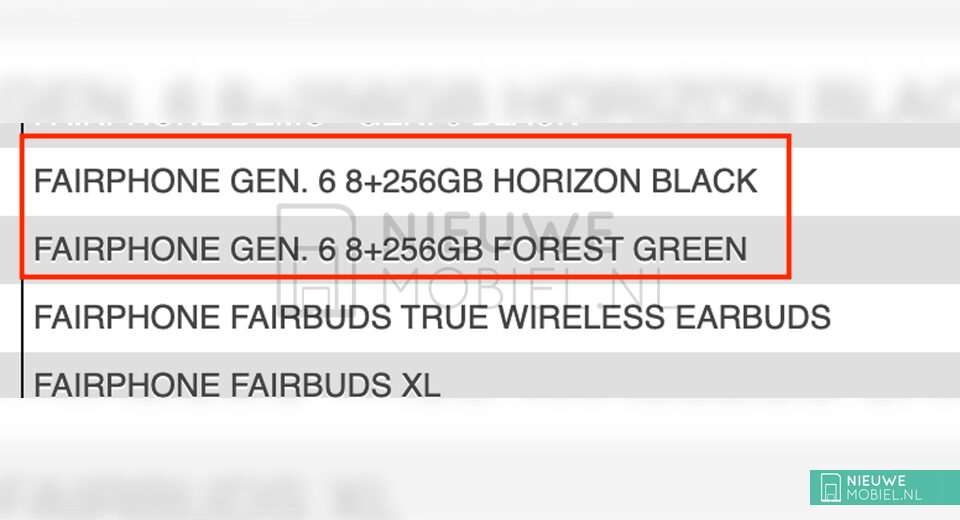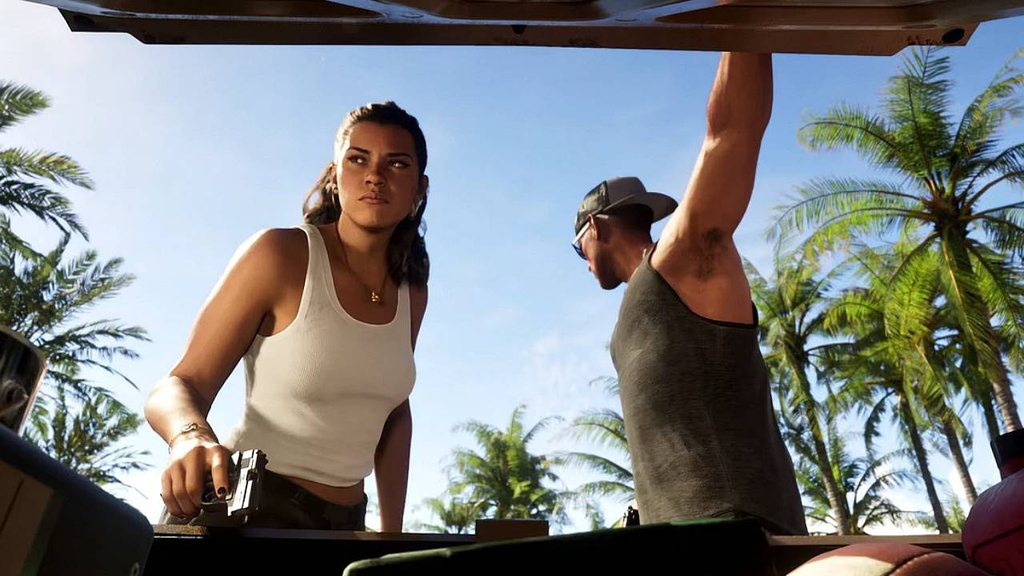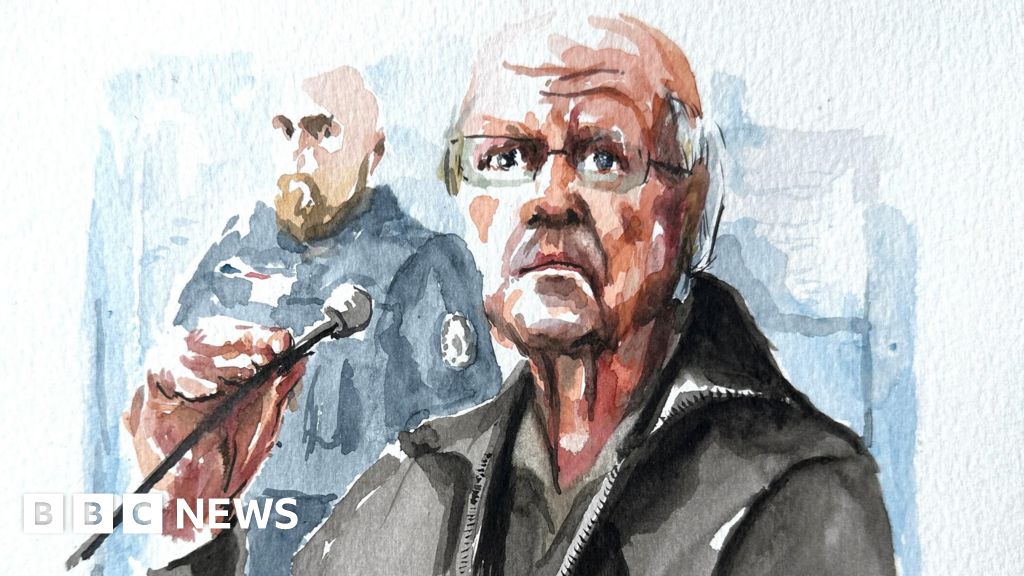Why a Venezuelan Mother and Her Children Fled the US


For Yessica Rojas, the choice was clear. After less than two years in Missouri, she and her two children had to leave.
The reason, she said, were stories about Venezuelan mothers like her that had gone viral on social media. Ms. Rojas heard they had been deported to Venezuela while the American authorities held on to their children.
“It just isn’t worth it now,” said Ms. Rojas, 29, explaining her decision to leave the United States.
The stories are not just rumors: This year, a Venezuelan 2-year-old called Antonella by her family remained in foster care while her mother was sent back to Venezuela and her father to a prison in El Salvador. (Antonella has since been returned to her family.)
Ms. Rojas left Branson, Mo., the same week.
Episodes like this one have sent shock waves through immigrant communities, accomplishing what the Trump administration’s warnings — and even the promise of $1,000 for those willing to “self-deport” — alone could not do: They have persuaded at least some migrant parents to leave the United States.
It is not clear how many people have abandoned their American lives since President Trump began his second term. A recent flight carried around 65 people who opted to leave for Colombia and Honduras, according to the Trump administration, and individual stories of immigrants leaving voluntarily have emerged across the country.
Tricia McLaughlin, a spokeswoman for the Department of Homeland Security, said in a statement last week, “It’s an easy choice: Leave voluntarily and receive a $1,000 check or stay and wait till you are fined $1,000 day, arrested and deported without the possibility to return.” She added: “We encourage all parents, who are here illegally, to take control of their departure through the CBP Home app.”
Ms. Rojas left her home country of Venezuela two years ago and first spent a spell living in Colombia, she said. She packed up her son and daughter in the summer of 2023 and made her way to Missouri, after the three crossed the U.S.-Mexico border and turned themselves over to the authorities to request asylum.
They ended up in Branson because a friend had settled there.
Acclimating to the small Ozark city was not easy, Ms. Rojas said. But gradually she found her way, discovering secondhand stores for winter clothes and finding the two jobs that allowed her to buy ice cream for her daughter, she said.
Then came 2025, and, with it, Mr. Trump’s new immigrations policies, which to her seemed to take particular aim at Venezuelans. The story of Antonella went viral on TikTok and in WhatsApp groups. Ms. Rojas said the threat of losing her children — Kenyerly, 8, and Yessiel, 3 — ate at her, and she immediately began to fear for them.
She asked a lawyer about seeking help from the U.S. government to leave the country, which officials have described as “the safest option for illegal aliens.” But Ms. Rojas said she was ultimately too scared to have any contact with the authorities.
Instead, she left quietly, giving short notice at her restaurant and housekeeping jobs, not saying too much to her children’s teachers at school. She sold the used gray Chevrolet that she had scrimped and saved to buy for $800 so she would not have to walk to work anymore.
“I had to pack up my little things and leave again,” she said.
The family set out in late April.
Over the next few weeks, Ms. Rojas and her children took buses to Texas and to the U.S. border, where two years before they spent five days in a detention center, sleeping under crinkly aluminum blankets and eating frozen burritos that made Yessiel, then still a baby, sick.
In Texas, “the bus was full of Venezuelans,” Ms. Rojas said. “They said they’d rather leave than go through something bad there,” she said, adding of U.S. officials: “They have painted us as criminals.”
In Mexico, the family curled up on more long bus rides — from Monterrey to Mexico City to Tuxtla, near the country’s southern border, where Ms. Rojas’s brother and his family joined her.
Then they traveled farther south, finally boarding a boat in Panama for an eight-hour trip along the Caribbean Coast to the edge of the fearsome jungle they had once trekked through on their way north: the Darién Gap.
Along the way, they met other families like theirs: with single mothers who had left the United States, terrified of being separated from their children. These mothers, too, were Venezuelan; many had fled their crisis-torn country years before and given birth to sons and daughters in other countries. This added to their fear that if they were to be deported from the United States, their children would be held by the immigration authorities or sent elsewhere.
In the Panamanian port town of Puerto Obaldía, on the edge of the Darién Gap, Ms. Rojas took out her phone this month and found a photo: It was of her, Kenyerly and Yessiel as they prepared to cross the Darién in July 2023.
“Look how little they were,” she said.
Now, she tried to prepare them for what might lay ahead. Not a week in the jungle, crossing swift-moving rivers, hiking until nightfall in the mud. Not a scramble across the U.S. border to reach a new country with an unfamiliar language. But bare shelves, a life without the ice cream and the other small luxuries she had finally been able to afford.
Ms. Rojas admitted she herself wasn’t ready for what she might find in Venezuela — the unrest she had fled had turned into a full-scale humanitarian crisis, with sky-high prices alongside regular shortages of basic goods and medicines.
“It’s going to be a drastic change,” she said. “We really don’t know how it’s going to be.”
Still, she tried to get the children excited, reminding them how happy their grandparents would be to see them.
In Puerto Obaldía, her son ran circles around her, playing with other boys who had just gotten off the boat in the tiny jungle village. “Let’s go!” he shouted over and over again, in English. “Let’s go!”
Last week, Ms. Rojas finally arrived in Venezuela. In a phone call, she said she was grateful to have made it safely back to the city of Mérida, even if food prices were high and the journey home had cost her everything she had saved: more than $2,000.
She feared she had little to show for all her struggles. But she had her son and her daughter.
What's Your Reaction?
 Like
0
Like
0
 Dislike
0
Dislike
0
 Love
0
Love
0
 Funny
0
Funny
0
 Angry
0
Angry
0
 Sad
0
Sad
0
 Wow
0
Wow
0

